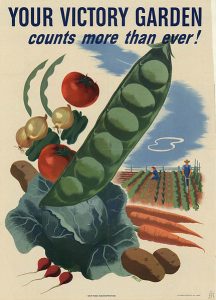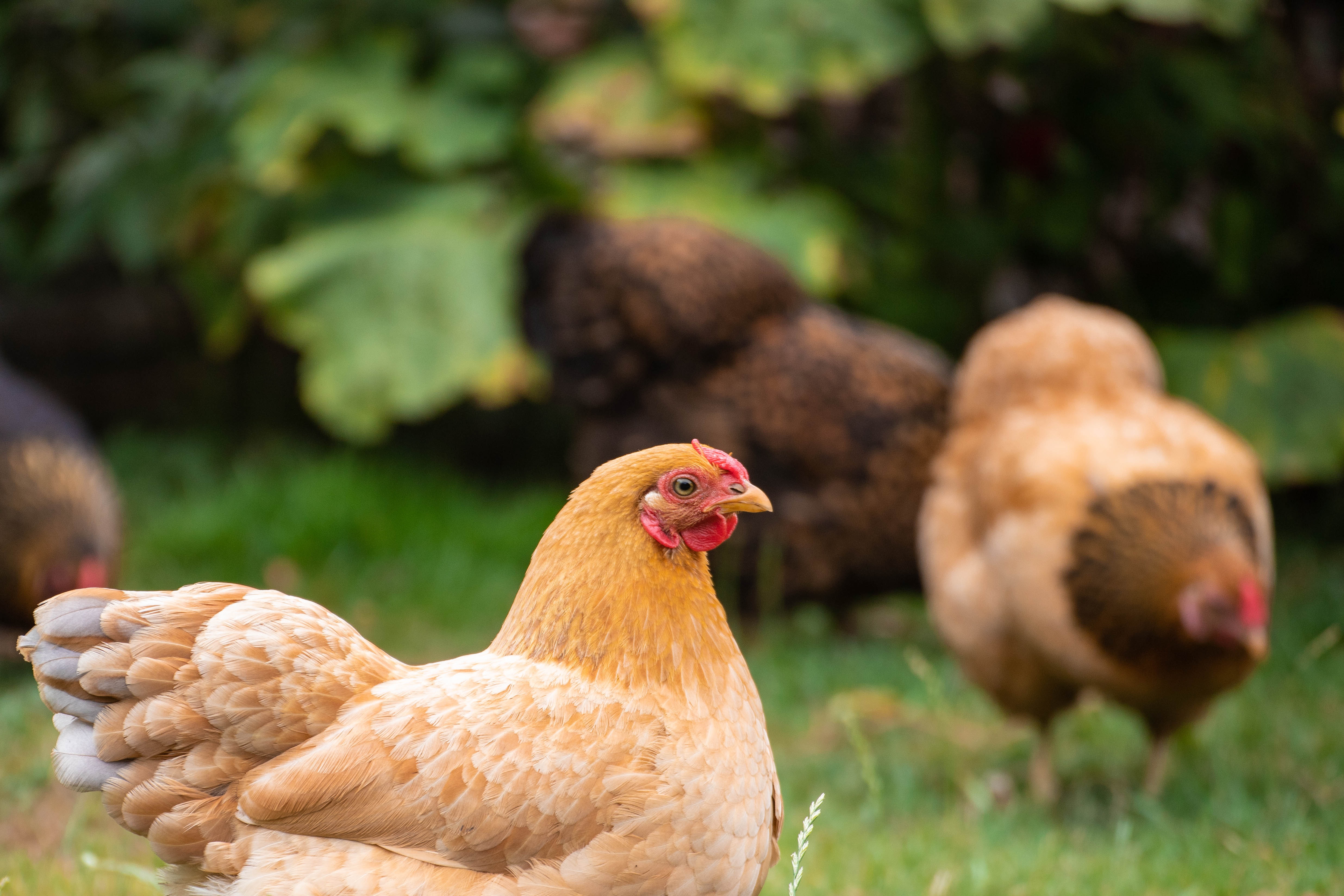With the virus exposing the weak spots in our globalized economy, there’s no better time to start a COVID farm to improve your food security.
The first things to disappear from store shelves were the hand sanitizer, disinfecting wipes, and of course the toilet paper. Soon enough, the milk and eggs, the ground beef, the flour and yeast were gone, too. Now every trip to the grocery store is like a box of chocolates: you never know what you’re gonna get. With an uncertain but certainly strange future ahead, the panic-buying has expanded to agricultural items, like vegetable seeds and baby chicks. Suddenly the prepper subculture doesn’t look so crazy after all. Is it time to start your own COVID farm?
Food availability and supply chains will be prone to disruptions in the months ahead. On March 10th, the FDA announced that they were postponing most foreign inspections through April. A week later, they suspended all routine surveillance inspections of food manufacturing facilities, despite the fact that the virus is likely to cause mistakes through absenteeism and an increased workload for remaining employees. Lockdowns and travel restrictions make it harder to transport food. Unsafe working conditions and border closures will limit the availability of seasonal migrant labor, so more crops will rot in the fields. Stores that rely on modern, efficient (but not resilient) “just in time” supply chains are likely to experience shortages, and less of the food that is available will have been inspected.
Since the nation’s grocery stores have become increasingly unreliable, both as a way to buy food and because of the dangers of mingling with large numbers of people who may be sick, smaller local farmers have stepped in to fill the gap. It’s hard to start a COVID farm in Los Angeles proper, but for those who can afford it, CSA (Community Supported Agriculture) subscriptions have jumped in popularity, delivering weekly boxes of fresh produce, pastured eggs, and even value-added foods like artisanal cheeses and sourdough bread, reconnecting customers to local farms and small-scale distribution systems. Some small farmers who exclusively supplied restaurants, who are now suddenly left without buyers, are also hoping the CSA model will save their farms while increasing food security in their communities.

It’s hard to imagine a supply chain closer to home than, well, home. Those panic-buyers of chickens and seeds are not without precedent in hard times. Our grandparents and great-grandparents survived the Great Depression and two world wars by planting gardens and knowing how to preserve the harvest. Starting your resilient homestead or COVID farm is not a huge difference from the Victory Gardens of previous generations. People who get acquainted with the land now are more likely to have a survival edge in the future.
That edge could become more important than you think. The novel coronavirus isn’t the only threat looming ahead. Much like the 2019 planting season, 2020 is slow out of the gate due to saturated soil. It looks to be another year of devastating floods and above average hurricane activity. The economy was already shaky before the virus appeared, but now it’s in a shambles. Finally, don’t forget the existential threats of climate change, resource depletion, and biodiversity loss, that are batting cleanup versus industrial culture.
If we understand the coronavirus not as an apocalypse in itself, but as a wake-up call, we have a chance to use it as an opportunity. Even some conservatives now understand how fragile the system is. More enlightened municipalities have deemed community gardens to be an essential service, crucial to our food security. Shifting towards more localized, resilient food systems now, and maintaining them even as we flatten the curve and the immediate crisis recedes, could help us face other challenges in a variety of ways. Why not start now, by turning part of your yard into a “resiliency garden,” planting a fruit tree, or learning about chickens? One day, it won’t be a COVID farm anymore. It’ll just be the normal thing to do.
Related: Ghost Acres


Join the conversation!